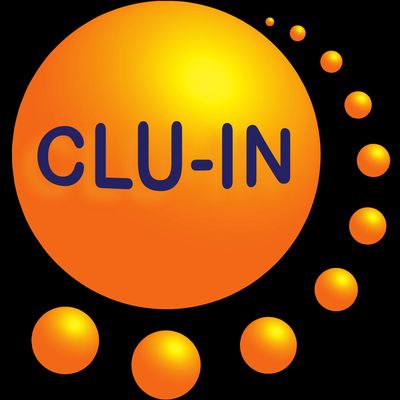Since 1998, The Contaminated Site Clean-Up Information (CLU-IN) website has presented Internet Seminars covering a wide variety of technical topics related to hazardous waste characterization, monitoring, and remediation. For select seminar topics offered since 2012, we are making complete video recordings available through our archives. This feed contains all video seminars archived in the last 12 months. For a complete list of seminars archived since 2000, please visit http://www.clu-in.org/live/archive/. Our Rehabilitation Act Notice for reasonable accommodation is available at http://www.clu-in.org/training/accommodation.cfm. CLU-IN was developed by the U.S. Environmental Protection Agency (EPA) but is intended as a forum for all waste remediation stakeholders. For more information and to view upcoming live offerings, please visit http://www.clu-in.org/live/. For a complete list of RSS feeds available on CLU-IN, please visit http://www.clu-in.org/rss/about/.
http://www.clu-in.org/live/archive
SRP Progress in Research Webinar: Session I — Emergencies and Emerging Contaminants (Apr 28, 2023)
This Progress in Research webinar series will showcase research from 11 new and renewed Multiproject Center grantees, funded by SRP in 2022. These awards were made as part of the P42 grant solicitation RFA-ES-20-014. In the four-part series, awardees will highlight their research projects, accomplishments, and next steps. The Texas A&M University SRP Center works to understand how climate-related disasters, coupled with the vulnerability of communities disproportionately exposed to environmental contamination, increase the health risks associated with contamination events. Center scientists develop, apply, and translate a comprehensive set of tools and models to help first responders, impacted communities, and government agencies characterize and mitigate the human health consequences of exposure to hazardous mixtures. The Michigan State University SRP Center investigates pollutants in the halogenated aromatic hydrocarbon family — including dioxins, biphenyls, and polycyclic aromatic hydrocarbons — which are commonly found at Superfund sites and pose a human health risk. The center's central theme is to define specific aspects of environmental, microbial, and mammalian biological responses to these environmental contaminants, with the goal of understanding their environmental fate and developing state-of-the-art remediation technologies to reduce their toxicity. The Yale University SRP Center is driven by community-based concerns about emerging contaminants that affect water resources and drinking water supplies at multiple sites across the U.S. Center researchers engage in problem-based, solution-oriented research related to 1,4-dioxane, an emerging water contaminant that is widespread and persistent in the environment, poorly regulated, has consistently shown carcinogenic effects, and is not mitigated using standard approaches. The center addresses critical gaps in the understanding of cancer mechanisms, chemical mixture interactions, and detection and treatment technologies through innovative techniques that inform risk assessment and help affected communities remove these contaminants from their water supplies. To learn about and register for the other sessions in this webinar series, please see the SRP website. To view this archive online or download the slides associated with this seminar, please visit http://www.clu-in.org/conf/tio/SRPPIR19_042823/
